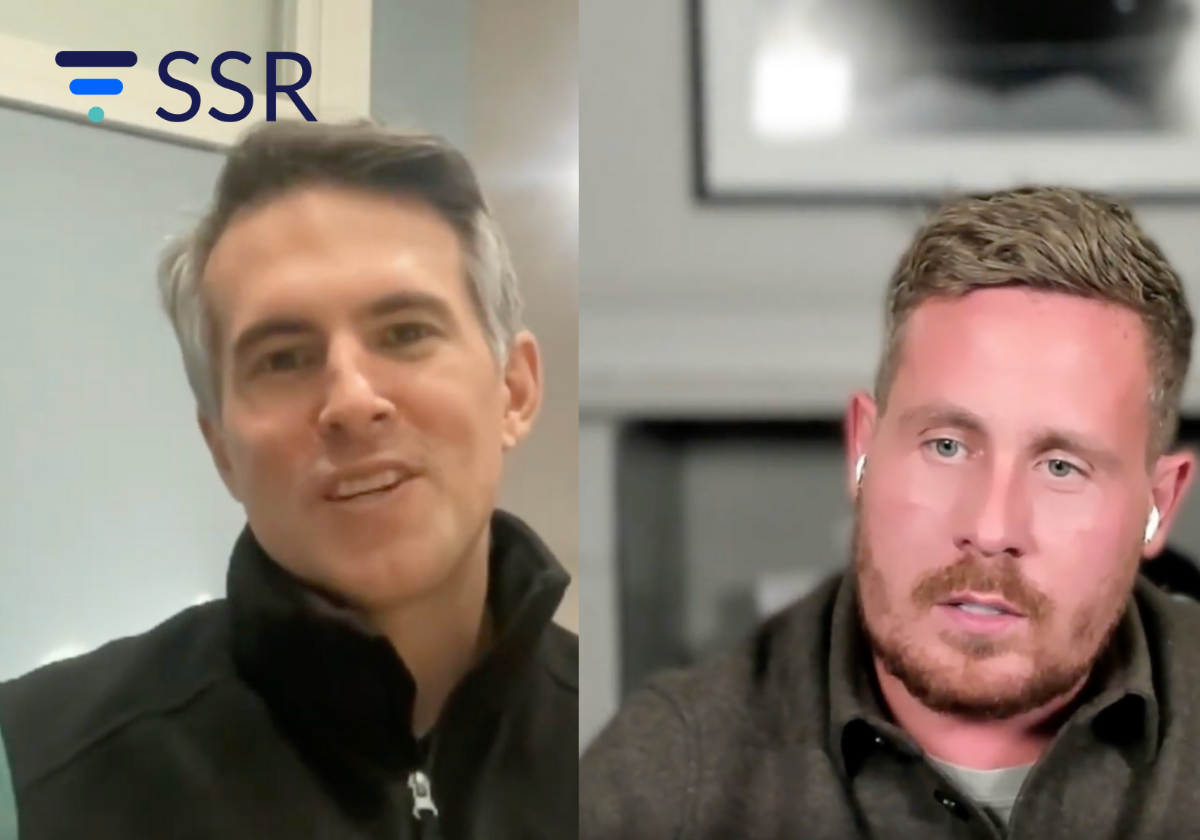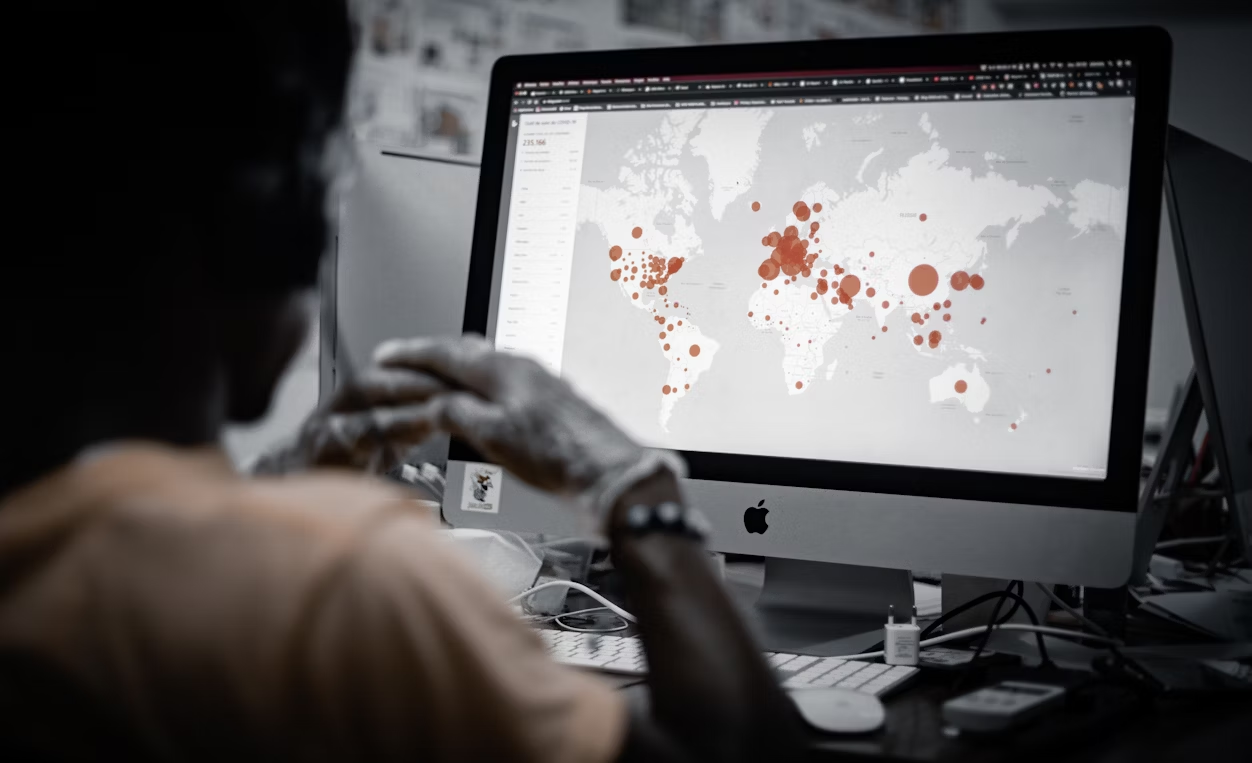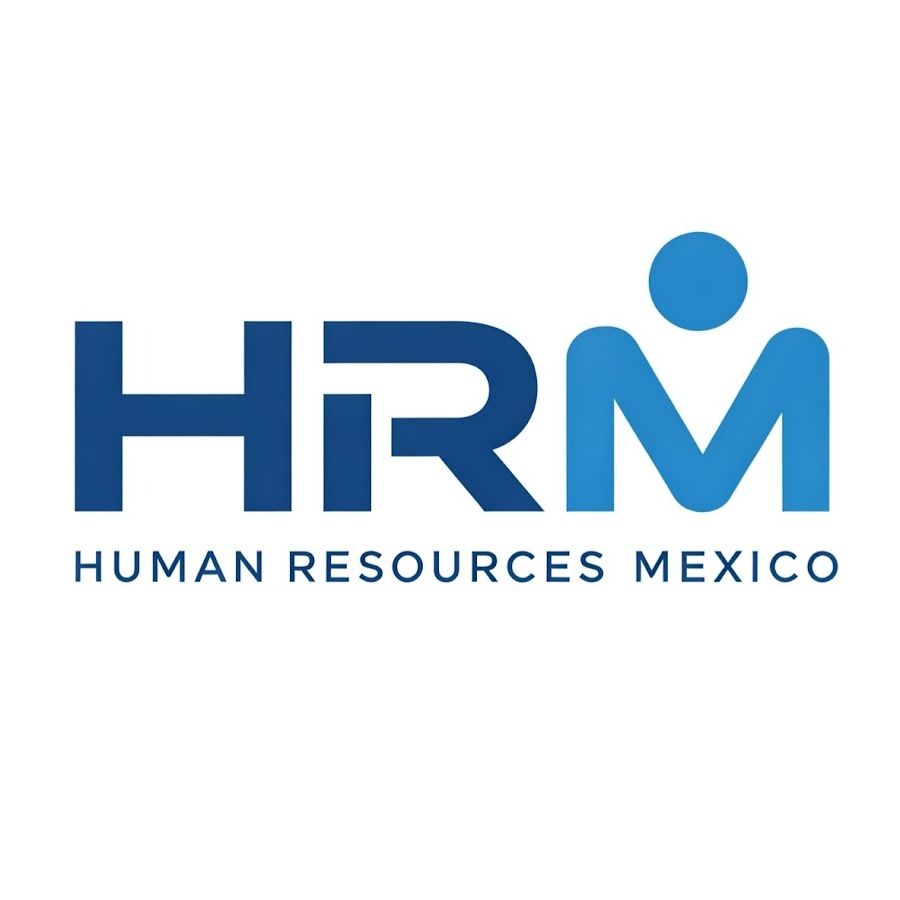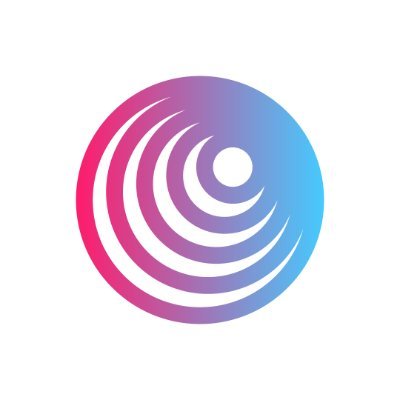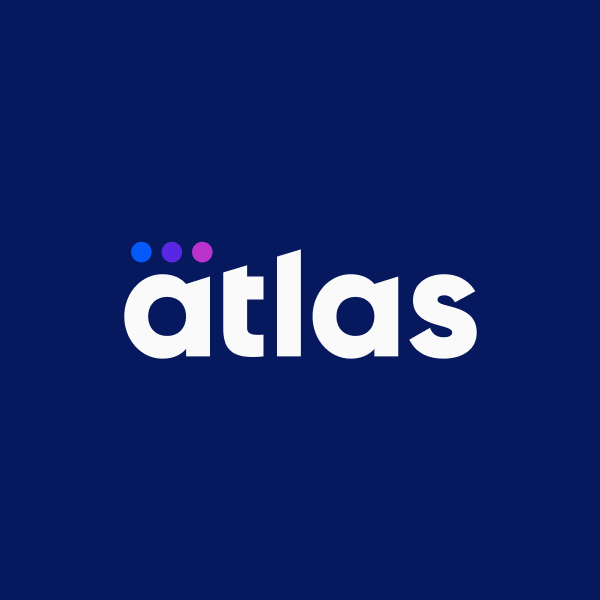Are the robots coming? Yes. Are they going to replace HR? Probably not. AI-powered HR technologies, such as AI recruiting software, are becoming the exoskeleton that allows the most technologically advanced teams to get more done with less.
It may also create an even more human experience for job seekers and employees alike. But, if we're not careful, we may be in for a decade of trouble.
What's AI and How is it Impacting the HR World Today?
Artificial Intelligence (AI) is a new form of software that has the ability to learn from historical data sets and then infer the answer to new situations. You've probably used some form of AI today.
For example, Siri uses AI to understand what you say, and then figure out what you want. Google is doing the same every time you search. Its AI is using your past behavior and your search language to figure out what you want and give it to you.
This technology can be a bit creepy (yes, Google knows a lot about what you're interested in via maps, search, discover, etc., and they know you probably had lunch with a friend who was at the same restaurant at the same time and just got back from a trip to Cancun, so maybe you want to go too!). But it's also highly effective.
5 years ago, AI was basically a marketing slogan that a lot of enterprise software companies used to make their product seem more important or advanced than it really is. It was a buzzword, a few years ahead of its time.
But, you need to remember that "Big Data" was a buzzword in 2010. Now, some of the most valuable software companies in the world are powering data infrastructures like MongoDB, Snowflake, and many others. If you work in a company in 2022, your job is influenced by big data.
AI will have a similar influence. Moreover, the potential benefits of AI automation in HR and recruiting mean they are two of the places where it'll have the most impact.
Finding the Right People for the Job
There is now recruitment technology such as AI ATS that allows companies to find a shortlist of the best people for the job in just a few minutes. Here's how it works:
- I upload an open job description to the system.
- The AI will read the job description, and search the internet for who would be a great fit for this role.
- The AI will show me their top picks, and then I can give feedback on who I like and don’t. This feedback makes the AI smarter the next time they make a shortlist for this type of role.
- The AI will then reach out to relevant candidates via email or SMS. Those who are interested are then scheduled onto my calendar for a phone screen.

If this workflow sounds familiar, it should. This is basically how a recruiter now works, except this intelligent applicant tracking system can handle infinite job postings at once, and build shortlists in minutes instead of hours.
If that sounds scary, we’re right there with you. However, if you’re a recruiter wondering if you still have a job, the answer is unequivocally yes. While this system will replace a lot of your day-to-day work, it’s nowhere near being able to replace human judgment.
Where does human judgment fit in? A person is still essential to defining roles, iterating on shortlists, and, most importantly, making the decisions on who to move forward with in the interview process.
Speaking of process, because so much of the manual grind of the recruitment process is now automated, recruiting teams can focus on more strategic imperatives like optimizing the candidate experience, building their employer brand, and strategic workforce planning initiatives that anticipate hiring well in advance of need. More on that later.
What About the Rest of HR?
In my opinion, talent sourcing tools and recruiting automation software are great examples of where AI is today and how it’s impacting the HR and recruiting teams that adopt these tools.
That said, there are many other ways AI is supercharging HR and recruiting:
Interview Scheduling
Many recruiting teams now use HR Coordinators to schedule and reschedule interviews. This is a vital part of the recruiting process and one that an AI-powered interview scheduling tool can do better than a human. Why wait for a person to respond to a needed schedule change? Why has a person played calendar Tetris when a machine can figure out the optimal on-site schedule for a final-round candidate?
Pre-Employment Assessments
This is the most controversial use case for AI in recruitment. Whether it's video interview platforms, talent assessment tools, or niche solutions like coding assessment systems, AI is being used to understand applicant capabilities, and stack rank potential hires.
From what we've seen, this technology is still very nascent. Yes, it's easy to figure out who wrote the right answer to a coding test. However, designing the right tests, giving them in a way that decreases hiring bias, and interpreting results is a bit harder.
This becomes exponentially more difficult for a machine to do well when the answers are less structured (think about the answer to a favorite behavioral question like "Tell me about a time when you worked on a team and it failed?").
Candidate Pre-Screening
Just like when you land on an eCommerce website and have questions, many career websites now use recruiting chatbots to answer basic questions, push applicants to the right jobs, and even vet talent. These bots are also being used for high-volume recruiting (think hiring for retail, call centers, and hospitality).
Speed is key for employers who want to hire new employees. What's faster than a human? A robot that can text a new applicant within minutes of an application and get right down to brass tax: are you authorized to work in the U.S.? Can you work weekends? Can you lift a 50-pound box? Great, let's get your setup with a phone screen.
After someone becomes an employee, they have many of the same questions others have asked in the past: How do I request PTO, how do I enroll in health insurance, how do I see my tax forms? Usually, an employee was on the other end of these questions, sending people to the same old answers. Now, a bot can respond within seconds to solve your query.
Applicant Tracking
Matching algorithms have been a staple of applicant tracking systems for nearly two decades now. However, these algorithms were essentially looking for keywords on a resume. Now, they are much smarter in determining the breadth of an applicant's experience, the strength of their educational backgrounds, how quickly they've been promoted in past roles, and many other signals.
Workforce Planning
An AI-powered workforce planning solution can predict employee churn, and therefore, where in your organization you should be opening new reqs. This platform can also predict individuals who are likely to leave based on engagement scores, updating LinkedIn profiles, and more. Yes, this can be a great tool for companies, but there is also a huge potential for a big brother dynamic to unfold.
People Analytics
The last place you should be aware of AI making an impact right now is in the cutting-edge world of people analytics tools. This space relates to any use of data to better hire and manage talent in your organization.
AI can start to uncover trends, such as mentors who help female executives break the glass ceiling, the work patterns of the most successful salespeople at a company, or the people management skills one needs to acquire before getting a promotion to Director.
AI in HR, 2026 and Beyond
As we sit on the precipice of a new year, it's very interesting to think about the future. In a 2024 survey, nearly half of the HR professionals considered using AI to support HR somewhat or much more of a priority. In another, earlier survey conducted by Oracle and Future Workplace, 38% of the HR respondents were optimistic about AI, more than any other group.
That’s not a surprise since technology and automation have been freeing up HR professionals from routine administrative tasks that once consumed so much of their time. Payroll software was one of the earliest HR functions handled by HR technology. Today, payroll integration enables automating the process of updating individual compensation when their status changes or raises are awarded.
Here are our bold predictions about the future role that AI will play in the worlds of HR and recruiting:
- Adoption: Right now, very few companies utilize AI in any form across their employee lifecycle. However, we see that so many of the most advanced PeopleOps teams have adopted and gotten value from this technology. It's only a matter of time before peers at less forward-thinking companies join them.
- Transparency: AI was created by people, and people are biased. It's important to understand and mitigate the bias inherent in these systems. The best way to do this is to have more transparency around how a system determines the best outcome. For example, "We ranked this candidate higher because they used fewer lines of code in their answer than the next best candidate." Without this transparency, it will be very hard to trust these systems.
- Mistakes: We've already seen a swath of lawsuits and other serious allegations related to how AI decisions impact real human beings. Like anything new, there will be mistakes. However, companies need to do their best to remain diligent. The number one piece of advice here is to consistently check what outcomes are driven by AI, and how they may be misplaced.
- New Uses: The launch of ChatGPT has shown us that there are so many use cases for these broad types of technology. Remember in 2007 when Apple launched the iPhone? Even a few years later, very few people had a strong inclination that this platform would be ubiquitous in our personal and professional lives.
With all that said, the number one way that AI will change HR is to free up time and headspace to pursue strategic initiatives. These technologies can ameliorate the firefighting and daily grind that most HR teams endure in their current state.
If you spend 2 hours a week sourcing candidates instead of 30, now you can revamp your employer brand. If you don't have to schedule interviews all day long, now you can spend time talking to candidates about what they are, and figure out the best role within your organization. If you don't spend your days answering emails about PTO submissions, you can now focus on the employee experience write large.
AI is the exoskeleton for HR and talent acquisition. It's a future that is simultaneously scary, exciting, difficult, and worthwhile. We should cautiously embrace this new paradigm and use our free time to focus on helping the humans in our lives.












